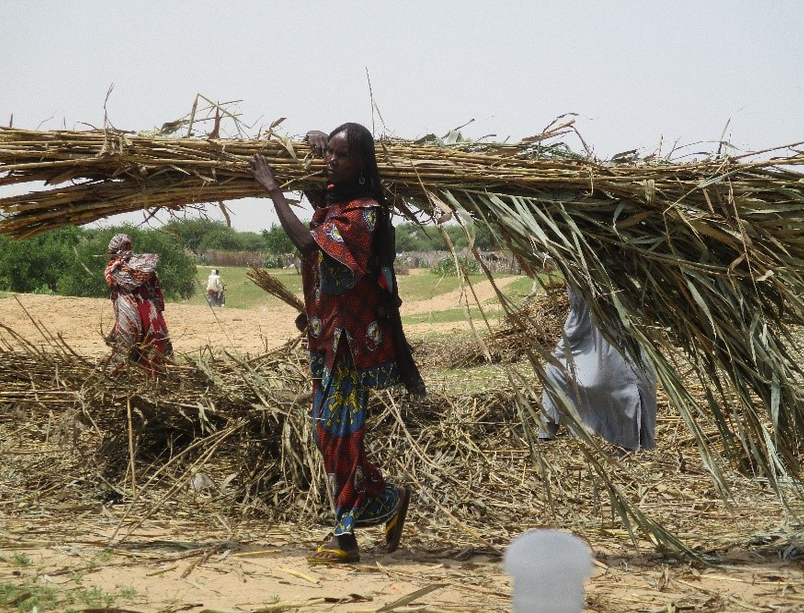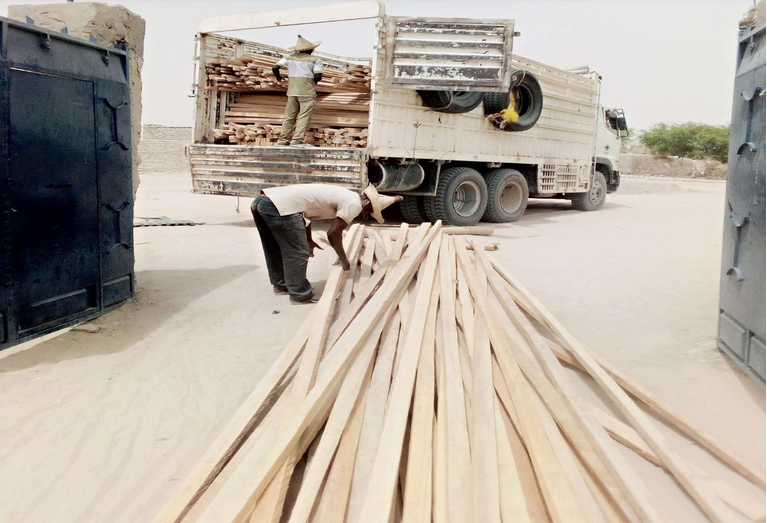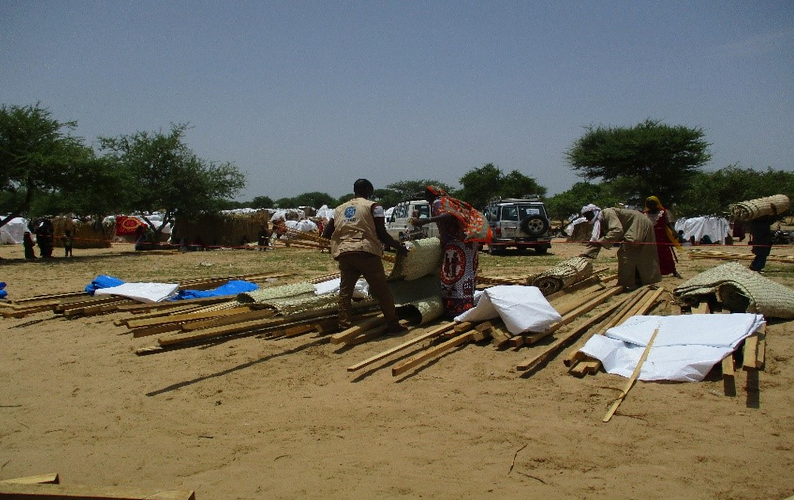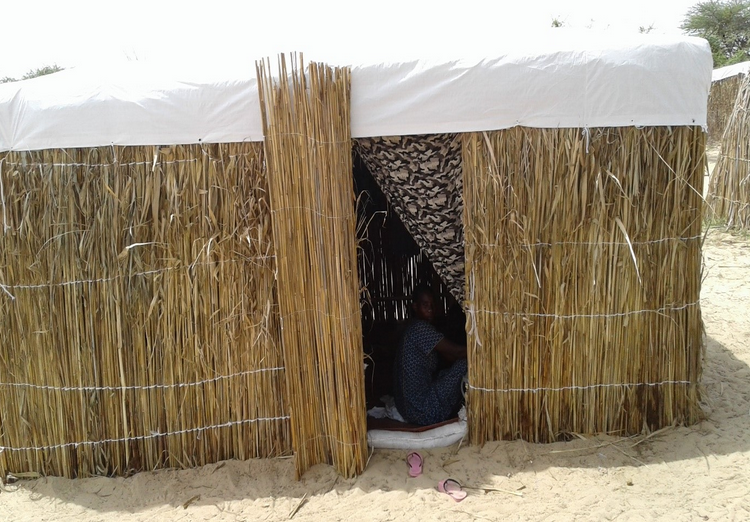Lake Chad: Rapid Response to the needs of people displaced by conflicts
In spite of its past as a prosperous oasis in the heart of the Sahel, Lake Chad has been undergoing a series of crises for the last years. More than 400,000 people have been displaced by armed conflicts in the Lake province. ACTED and its partners are actively engaged to respond to the most urgent needs of the displaced people in the region.
Chad Lake is found between Niger, Nigeria, Cameroon and Chad. It encompasses numerous natural resources and fertile lands which contribute to the development of fishery, cultivation of cereals, market gardening and livestock farming around the lake. Since 2015, the Chad Lake region is impacted by the regular attacks of armed groups that have forced the local communities to flee their home villages.
Massive population displacements caused by armed groups’ attacks
The factions of the various active armed groups of the region have been terrifying inhabitants by attacking villages, pillaging and abducting community members and stealing livestock. The non-state armed groups, which attacks started in 2015, take advantage of the hard-to-reach nature of the Lake region to maintain their presence in insulated communities living in the islands of Chad Lake.
The armed groups’ repeated attacks have forced more than 406,000 people to flee their home villages to settle in makeshift camps.
In their flight, displaced families have left behind their livelihoods and found themselves in a state of extreme vulnerability. Often, NGOs lack the flexible resources– budgets dedicated to contingence, pre-positioning stock, crisis modifier, etc.- to assist newly displaced people. That is why ACTED puts in place a Rapid Response Mechanism (RRM) for population movements and provides food and shelter assistance to displaced persons. The partner NGOs Action Against Hunger and INTERSOS respectively intervene in Water, Hygiene and Sanitation (WASH) and in the Protection of vulnerable people. The RRM enables to provide a first essential aid to displaced individuals in less than 2 weeks.

Rapid Response Mechanism: how does it work?
ACTED and its partners have put in place a humanitarian monitoring system based on local informants who have a fine knowledge of the communities. This system enables to identify in very short delays the new movements of population and the security incidents that could be responsible for new displacements.
If a warning is confirmed, the NGOs that are part of the RRM conduct a rapid assessment of the needs of the displaced people and identify the vulnerable households in order to help them. Within a year, the RRM has intervened in 16 informal camps: ACTED has provided food assistance to 52,573 displaced individuals through food baskets and cash transfers for a duration of 3 months. ACTED has also provided emergency shelter to 2,460 families to allow them to find a new and safe place to live with dignity. Lastly, ACTED screens children aged above-and-under 2 years-old to identify any toddler suffering from acute malnutrition. This enabled to refer 503 malnourished children to specialised health units.
The RRM intervention covers 3 months and allows to rapidly improve the living conditions of the displaced people and to advocate for a sustainable assistance provided to all displaced individuals by other humanitarian actors if they cannot return to their home village.
After having spent more than a month under the golden rain tree with my children and my brothers, I finally sleep in a better hut thanks to ACTED. I also received 66,000 XAF (100 EUR) from ACTED, each month for 3 months for our ration, which allowed to improve our living standards as we are able to better eat and solve other issue
A mechanism at the service of the populations affected by crises
The RRM is a flexible mechanism which intervenes when the humanitarian community lacks the means to respond to sudden crises, and Chad faces a multitude of crises because of the combined effect of climate change and insecurity. Since June 2022, the Chadian government has declared a national food emergency and calls on the humanitarian partners. That is why ACTED’s teams remain in action to help the affected people thanks to the RRM.
RRM activities in Chad are possible only thanks to the support of the General Management of the European Civil Protection and Humanitarian Aid Operations (GM ECHO) and the Bureau for Humanitarian Assistance.



